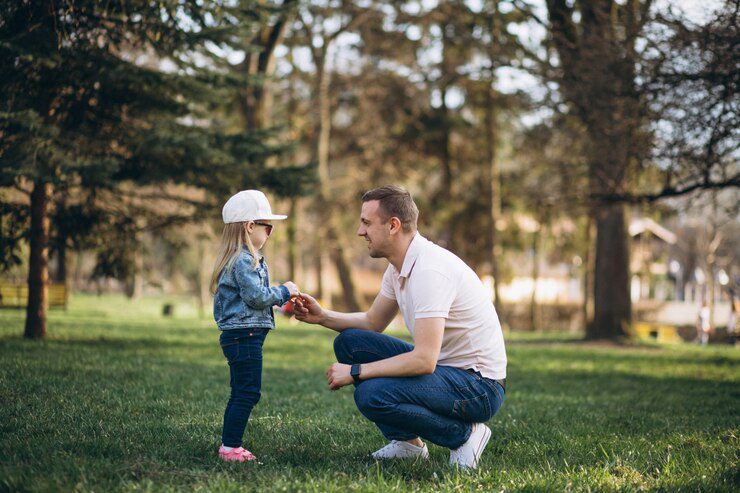Parenting is a beautiful whirlwind. It’s filled with moments of pure joy, heartwarming laughter, and unconditional love. But let’s be honest, it also comes with its fair share of meltdowns, tantrums, and moments where you question your sanity. Amidst this rollercoaster, mindfulness emerges as a powerful tool, not just for managing the chaos, but for nurturing a deep connection and fostering healthy growth in your children and yourself.
What is Mindful Parenting?
Mindful parenting isn’t about achieving perfection or becoming a zen master. It’s about bringing awareness and intentionality to your interactions with your children. It’s about being present in the moment, acknowledging your emotions and your child’s, and responding with compassion and understanding instead of reacting impulsively.
The Pillars of Mindful Parenting
While cultivating mindfulness takes practice, incorporating some key principles can make a profound difference:
Be present: Put away distractions and truly focus on your child. Listen actively, make eye contact, and engage in their world.
Accept without judgment: Acknowledge your child’s emotions, even the challenging ones, without criticism or trying to “fix” them.
Respond with intention: Pause before reacting. Take a deep breath and choose your words and actions mindfully.
Set boundaries with love: Establish clear expectations, but do so with warmth and understanding.
Practice self-compassion: You’re not perfect, and there will be challenges. Forgive yourself, learn from mistakes, and focus on progress.
Why is it Important?
The benefits of mindful parenting are numerous:
By being present and attentive, you create a safe space for open communication and build trust with your child. This fosters a deeper connection that transcends everyday challenges and sustains a stronger parent-child bond. Mindfulness helps you manage your own emotions effectively, preventing them from dictating your responses to your child’s behavior. This creates a calmer and more supportive environment for both of you with improved emotional regulation.
Mindfulness encourages you to step back from situations and approach challenges with a clear and focused mind. This leads to more effective solutions and helps your child develop their own problem-solving skills.
By practicing mindfulness, you teach your child valuable skills for navigating difficult emotions and challenging situations. They learn to cope with stress, manage anxiety, and cultivate inner peace while increasing resilience. As you practice mindful parenting, you gain a deeper understanding of your own triggers, biases, and parenting styles. This self-awareness empowers you to make conscious choices and continuously grow as a parent with greater self-awareness.
Putting Mindfulness into Practice
Here are some simple steps to incorporate mindfulness into your parenting skills:
Start with yourself: Practice mindfulness in your own daily life through meditation, breathing exercises, or simply taking mindful moments throughout the day. This will equip you with the tools to be present and calm in interactions with your child.
Focus on the present: Be fully present with your child, put away distractions, and make eye contact. Truly pay attention to their words and gestures, both spoken and unspoken.
Acknowledge emotions: Validate your child’s emotions, whether positive or negative. Help them name their feelings and teach them healthy ways to express them.
Practice mindful communication: Use “I” statements to express your feelings without blaming or accusing. Listen actively and avoid interrupting.
Embrace imperfection: Remember, there’s no such thing as a perfect parent. Forgive yourself for mistakes, learn from them, and move forward with compassion.
Conclusion
Mindful parenting is a journey, not a destination. There will be challenges, setbacks, and moments where you feel like you’re failing. But by incorporating mindful practices into your daily routine, you can cultivate a more peaceful, connected, and nurturing environment for both you and your child. Remember, the most important gift you can give your child is your present and mindful self.







